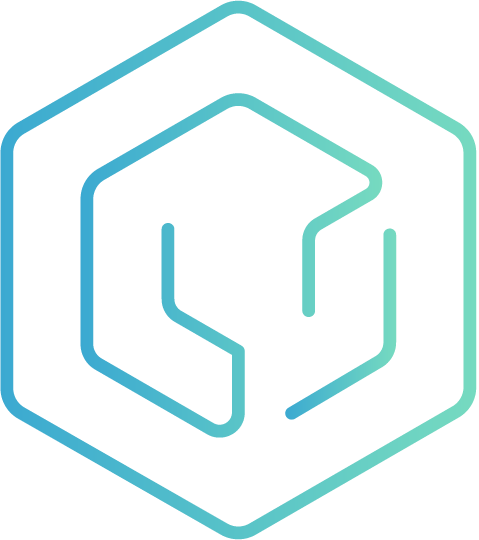Key Develocity Integrations
Integrations by Category
Enhanced support for major CI systems
We’re continually expanding our support for CI systems. Currently Develocity has enhanced integrations, including Build Scan® insights, for these CI platforms:
JENKINS CI
The Gradle plugin for Jenkins lets you instrument all your Maven and Gradle builds to use Develocity without changing your Gradle build scripts or Maven POM files. You can go directly from a new section on the Jenkins job details page to a Develocity Build Scan®. Learn more about using Develocity with Jenkins. The plugin itself is available at the Jenkins plugins site.
JETBRAINS TEAMCITY
With the TeamCity plugin for Develocity, all your Maven and Gradle builds can connect to Develocity without requiring any changes to your Gradle build scripts or Maven POM files. The Overview tab in the build results has a link that goes directly to the Develocity Build Scan®. Learn more about using Gradle Build Tool with TeamCity. You can find the plugin on the TeamCity plugins page.
GITHUB ACTIONS
The Gradle action for GitHub Actions allows you to persist the local build cache between jobs and easily integrate your build with Develocity. You can also set up GitHub Actions to publish Build Scans® to scans.gradle.com for free. More details can be found on the gradle-build-action in GitHub Marketplace.
ATLASSIAN BAMBOO
With the Bamboo plugin for Develocity, all your Maven and Gradle builds can connect to Develocity without requiring any changes to your Gradle build scripts or Maven POM files. The Overview tab in the build results has a link that goes directly to the Develocity Build Scan®. Learn more about using Develocity with Bamboo.
Other CI Platforms
Develocity works well with many other CI/CD platforms, including Azure Pipelines, Bitrise, CircleCI, GitLab CI, Harness and Travis CI.
Programming Languages
Develocity supports Java, Kotlin, Groovy, and Scala (coming in late 2023). Additional language support through the Bazel build tool (e.g. Python, C++, Swift) is planned for 2H 2023. Any JDK supported by Gradle Build Tool or Apache Maven is compatible with Develocity.




Did you know? Gradle has joined Kotlin Foundation as the first new member since the founding by Google and JetBrains. Learn more.
Build Systems
Develocity supports Gradle Build Tool, Apache Maven, Bazel, and sbt (coming in 2H 2023). Supported Develocity features include Build Cache for accelerating test and feedback cycles; Build Scan® for making troubleshooting more efficient; and performance and failure dashboards for providing observability and improving toolchain reliability.
IDEs
Develocity supports build tool integration with IntelliJ, Microsoft Visual Studio/VSCode, Eclipse IDE, and Android Studio. This allows Develocity users to run their build scripts and go directly from the IDE to the Build Scan®.




Test Frameworks
Develocity works with numerous testing and mocking frameworks, including JUnit 5, Spock, Cucumber, Kotest, Spek, jqwik, Testcontainers, and TestNG. Develocity customers using these frameworks can benefit from features like Predictive Test Selection, which allow you to run only tests that are likely to provide useful feedback using machine learning, and Test Distribution, to parallelize the testing processes.








Cloud Infrastructure
Develocity is hosted in a Kubernetes cluster on your infrastructure for maximum security and network proximity to where your builds are occurring. This cluster can either be on-premise or in the cloud. Our Helm-based installer is designed to work with any Kubernetes distribution. We have streamlined setup instructions for Amazon Web Services, Microsoft Azure, and Google Cloud Platform.
Enterprise REST API
The Develocity REST API includes an OpenAPI / Swagger endpoint definition, which includes all the schema and method details to automatically generate an API client code in many different languages. The Enterprise API provides access to Build Scans® and other data collected by Develocity, providing an easy way to integrate build observability data into a data warehouse or reporting solution.

 DPE University
DPE University




























